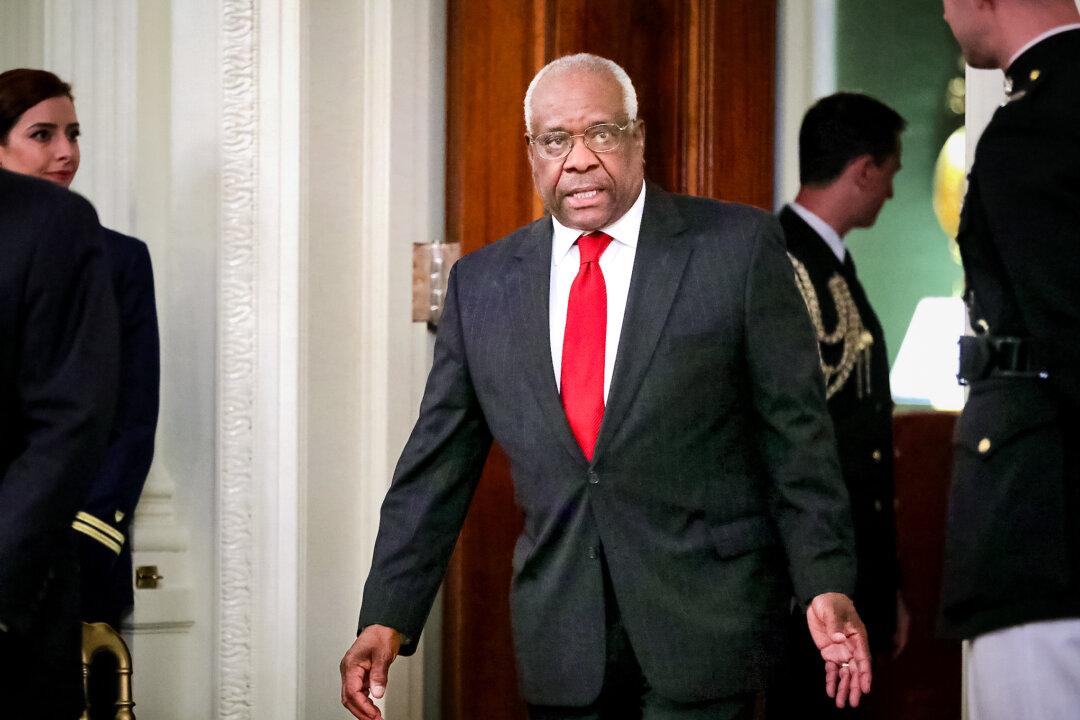After a news report highlighted luxurious vacations that Supreme Court Justice Clarence Thomas allegedly accepted from a wealthy friend, Thomas said he was advised that he didn’t have to report the trips. In a new statement, Thomas denied any wrongdoing and vowed to follow new reporting requirements imposed on the federal judiciary.
Thomas’s critics in Congress promptly seized on the report last week of the vacations, suggesting it raised the appearance of impropriety.





